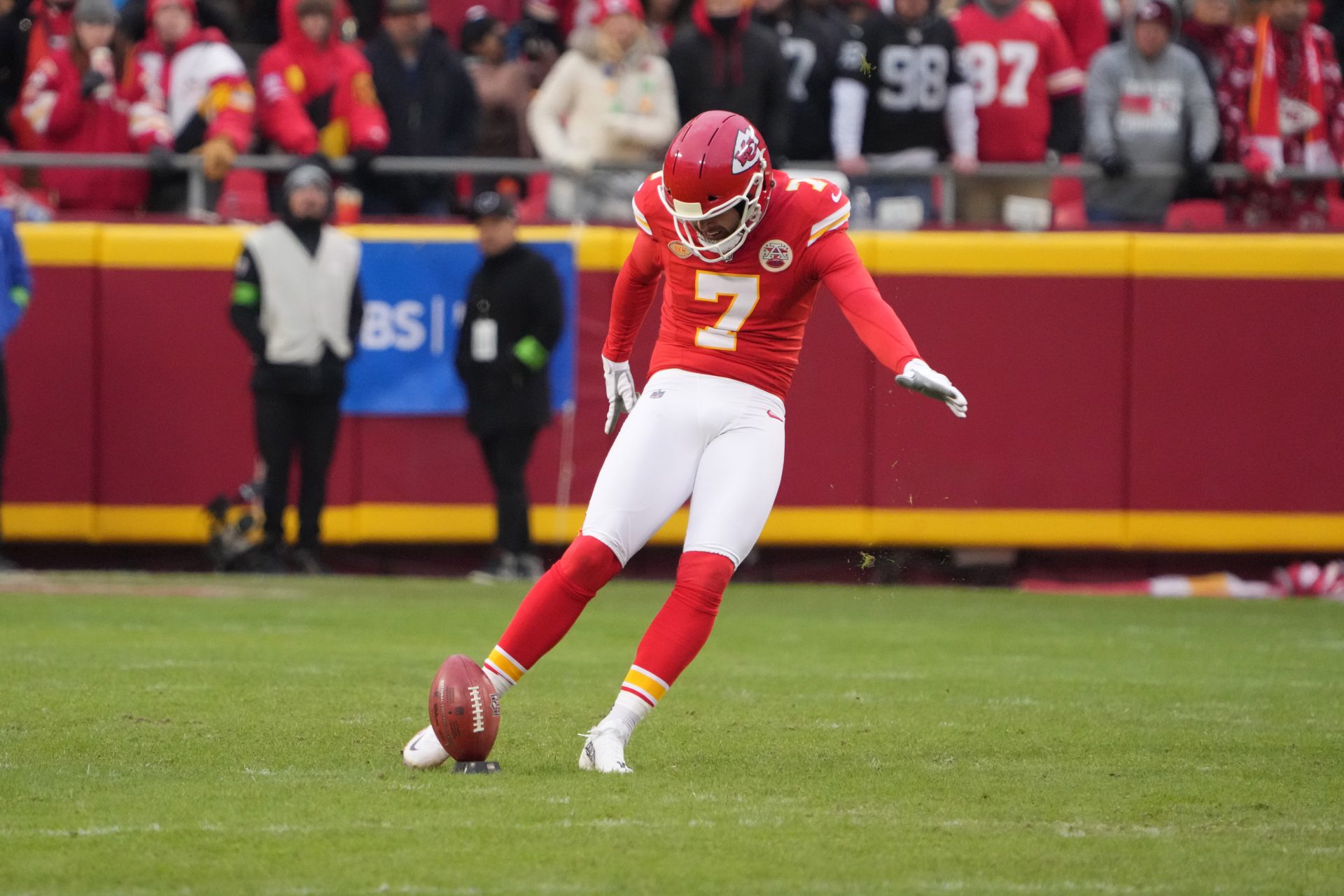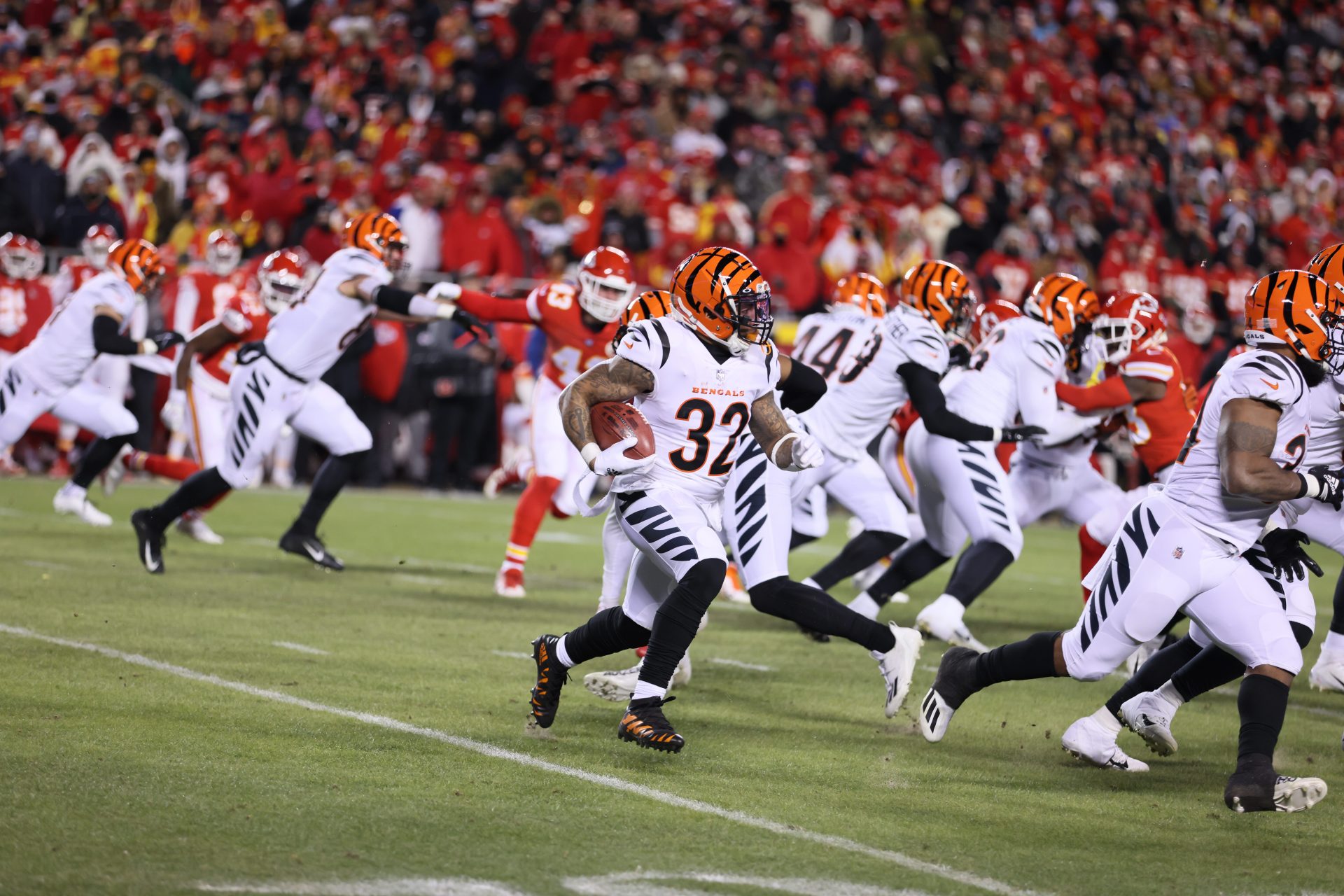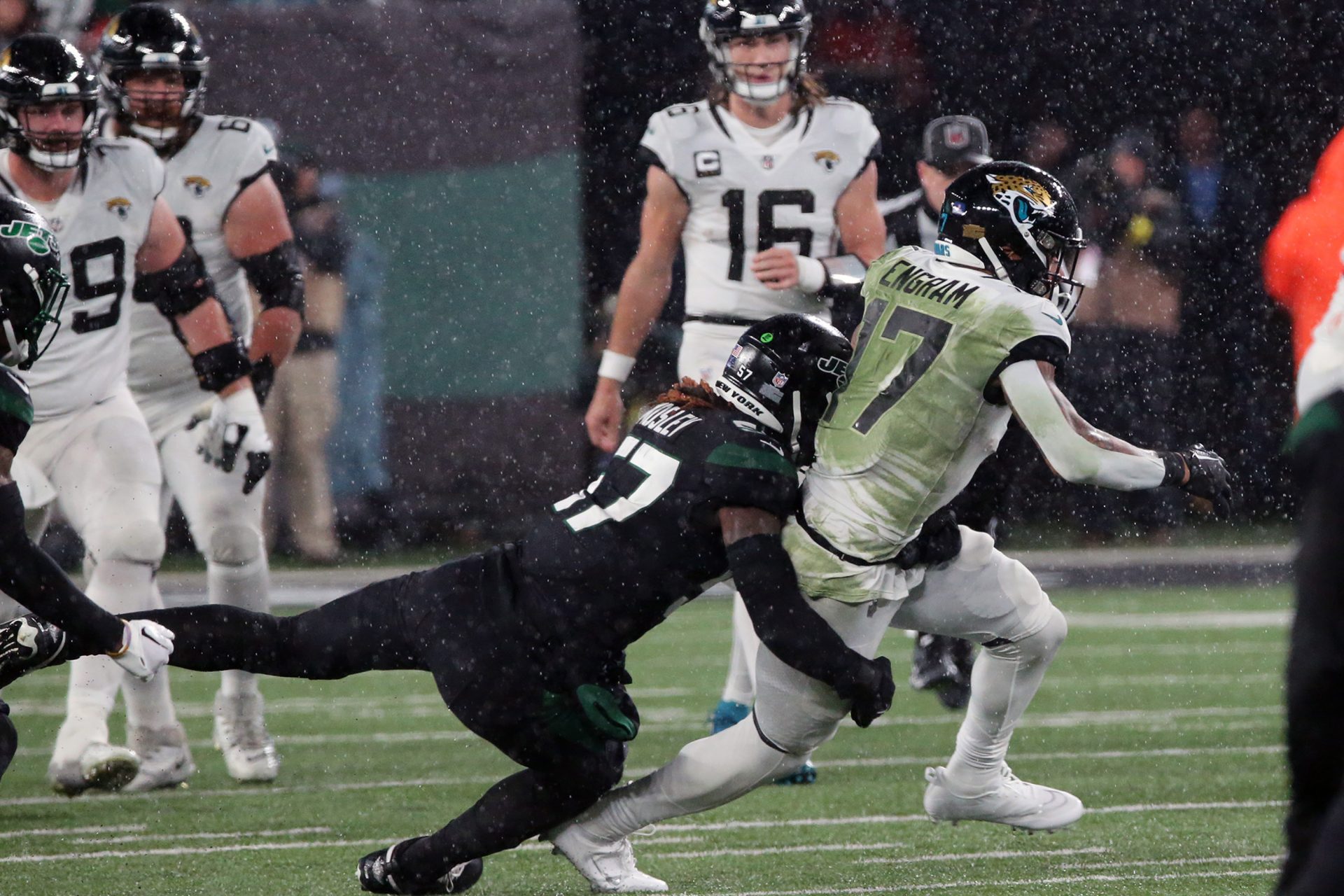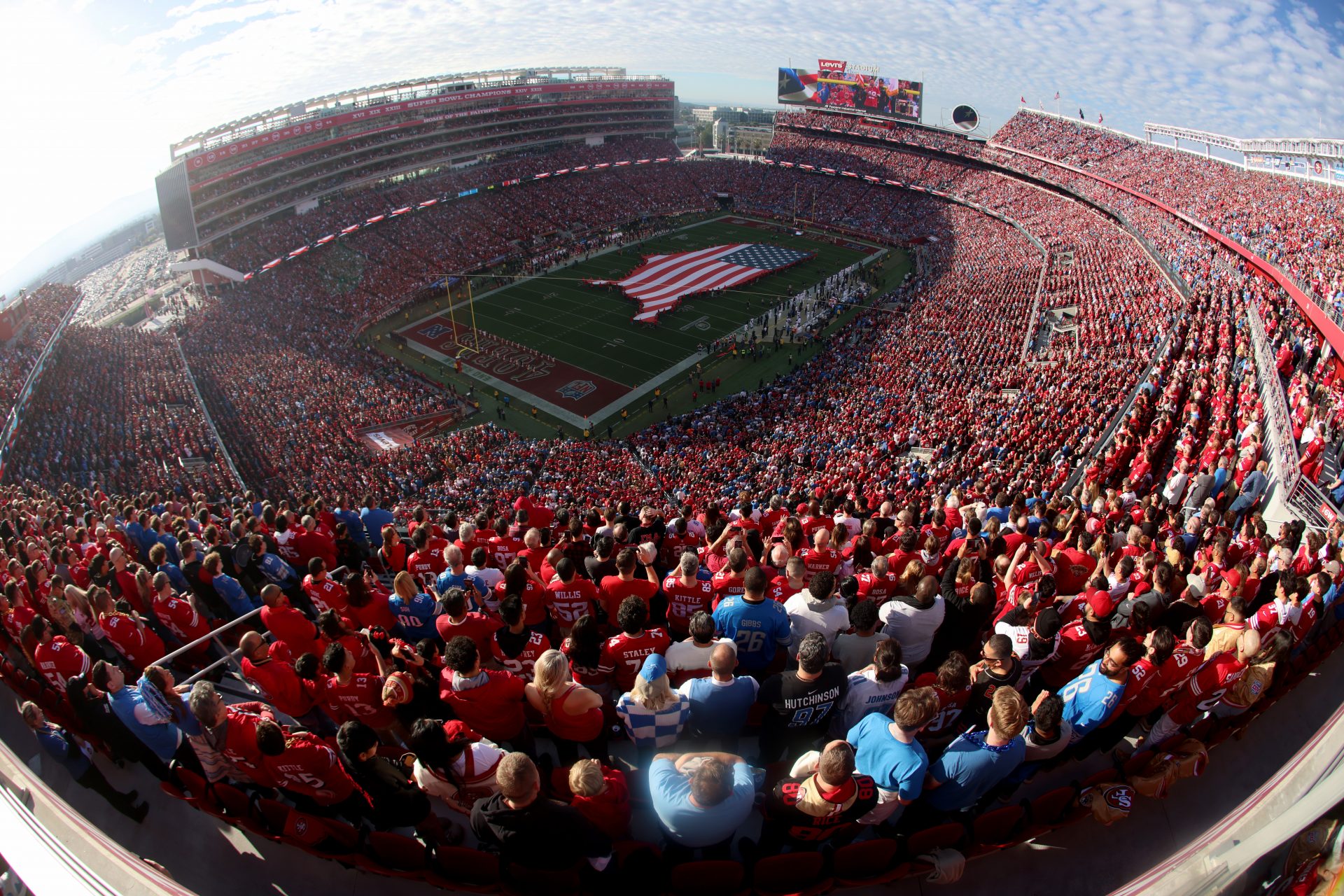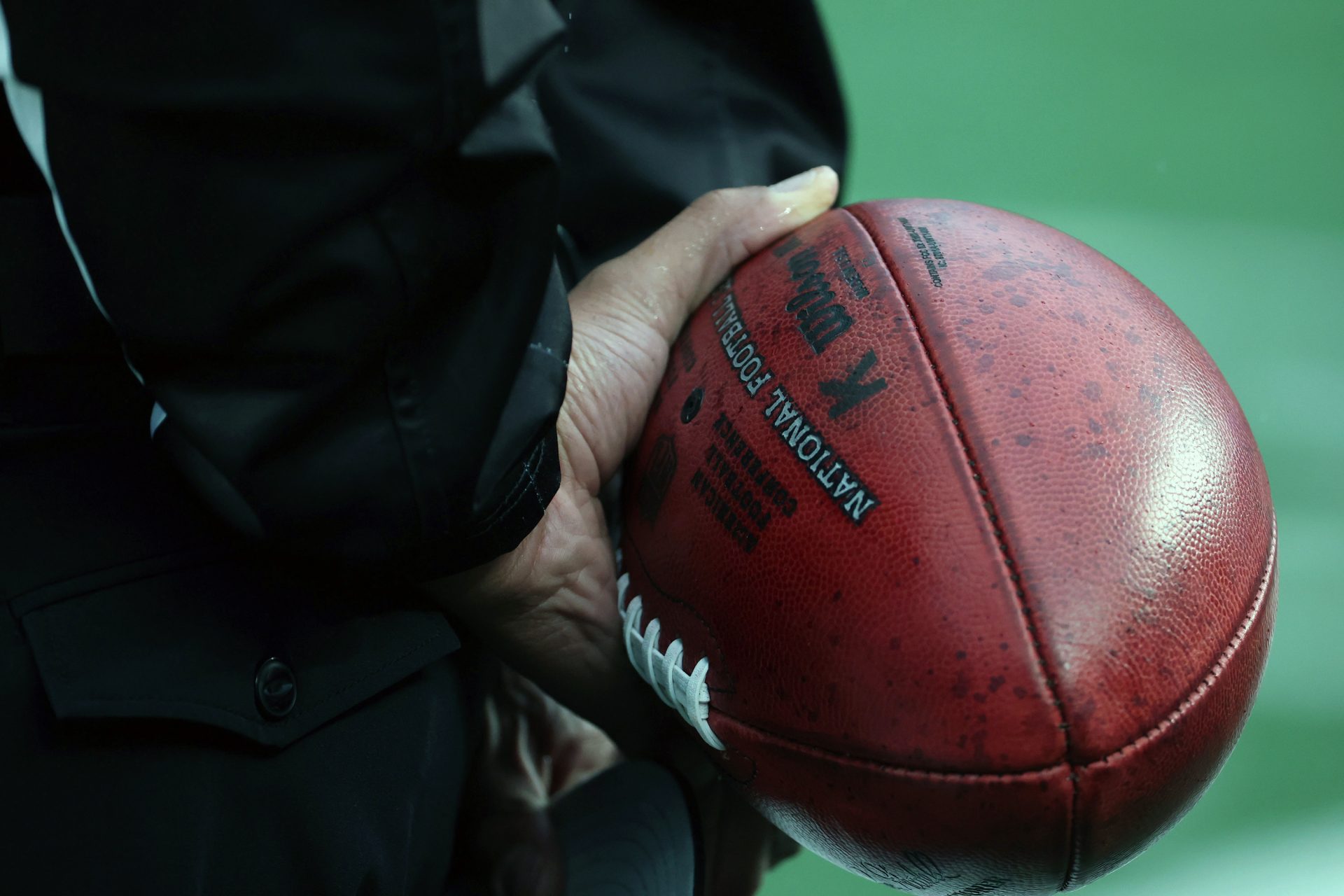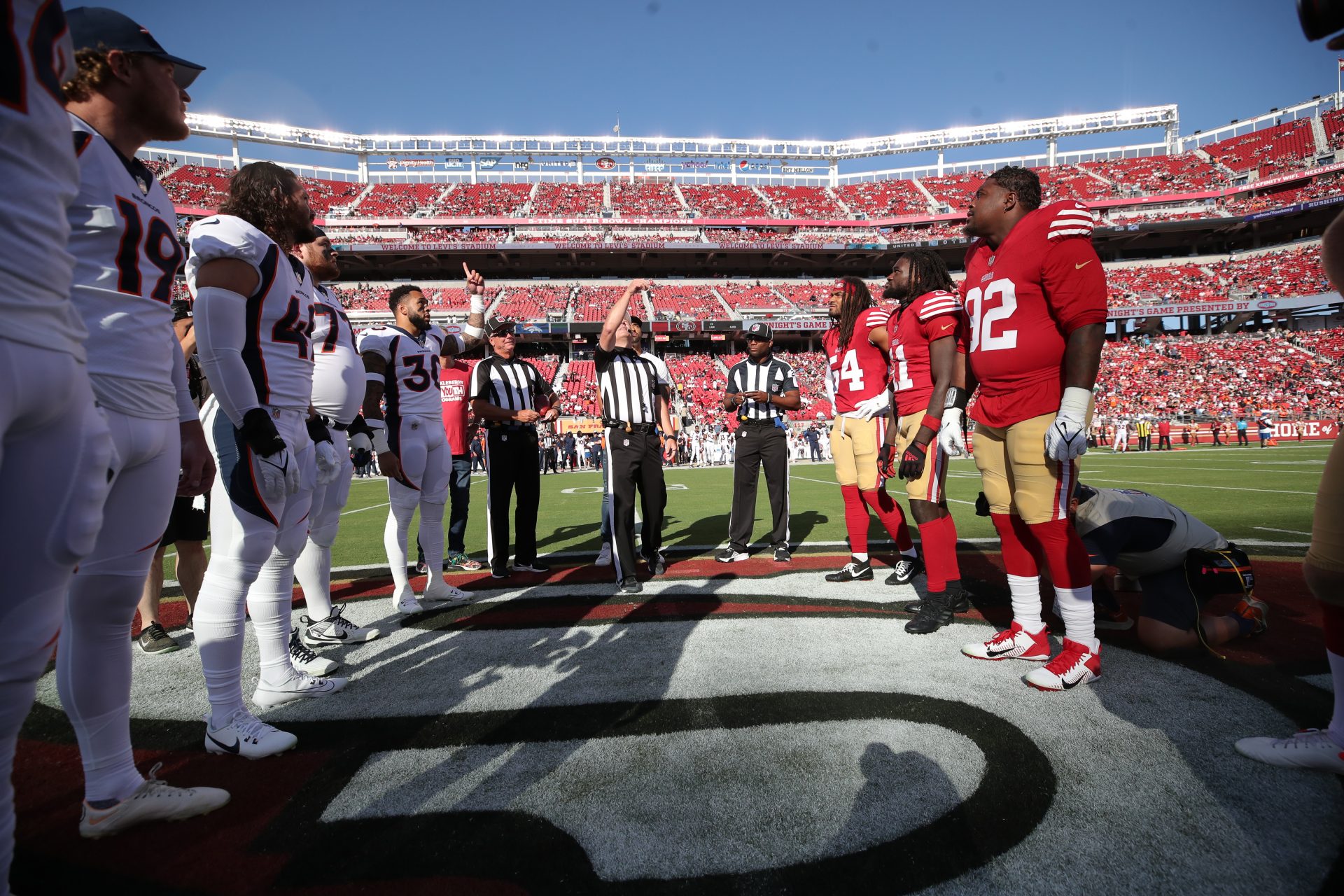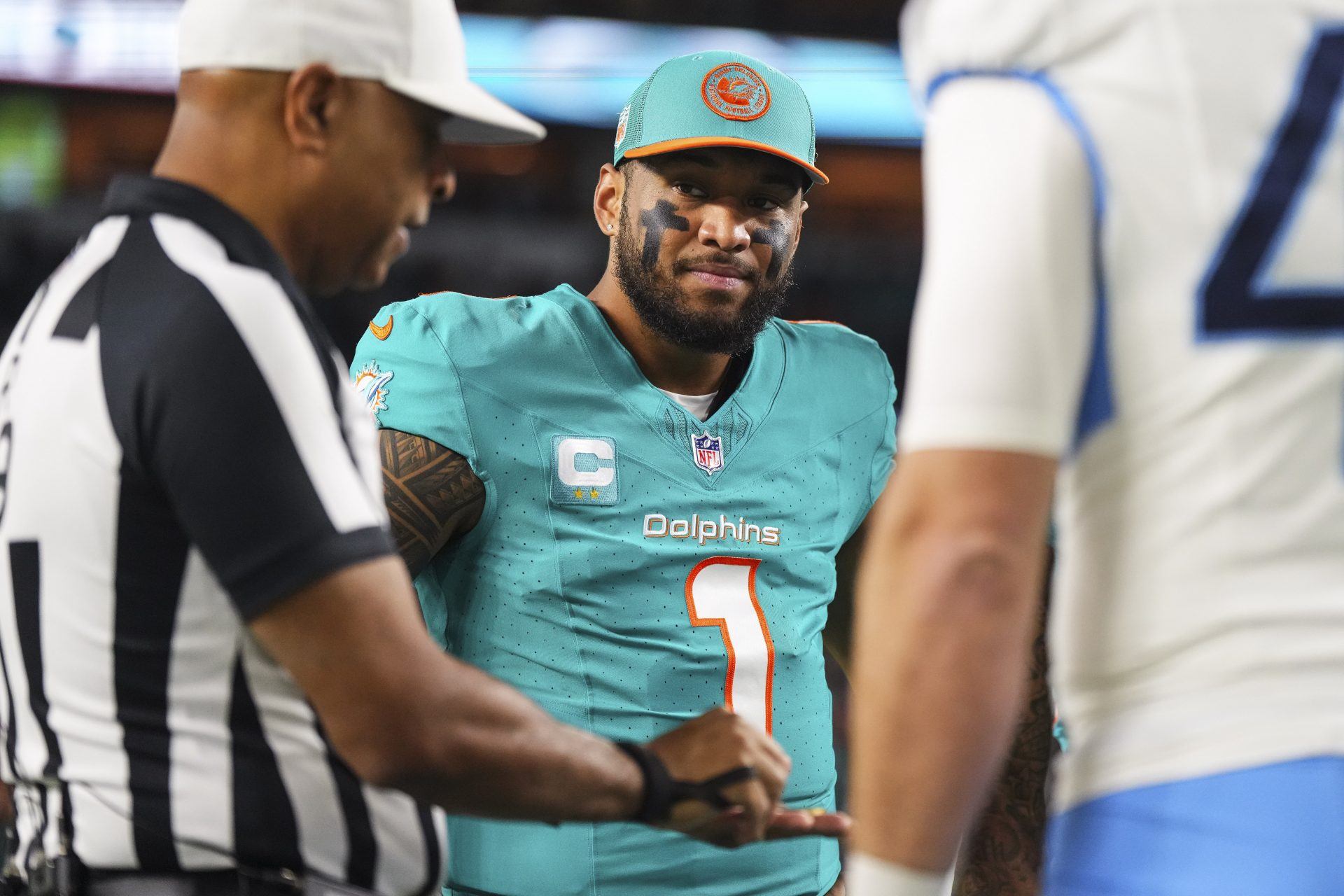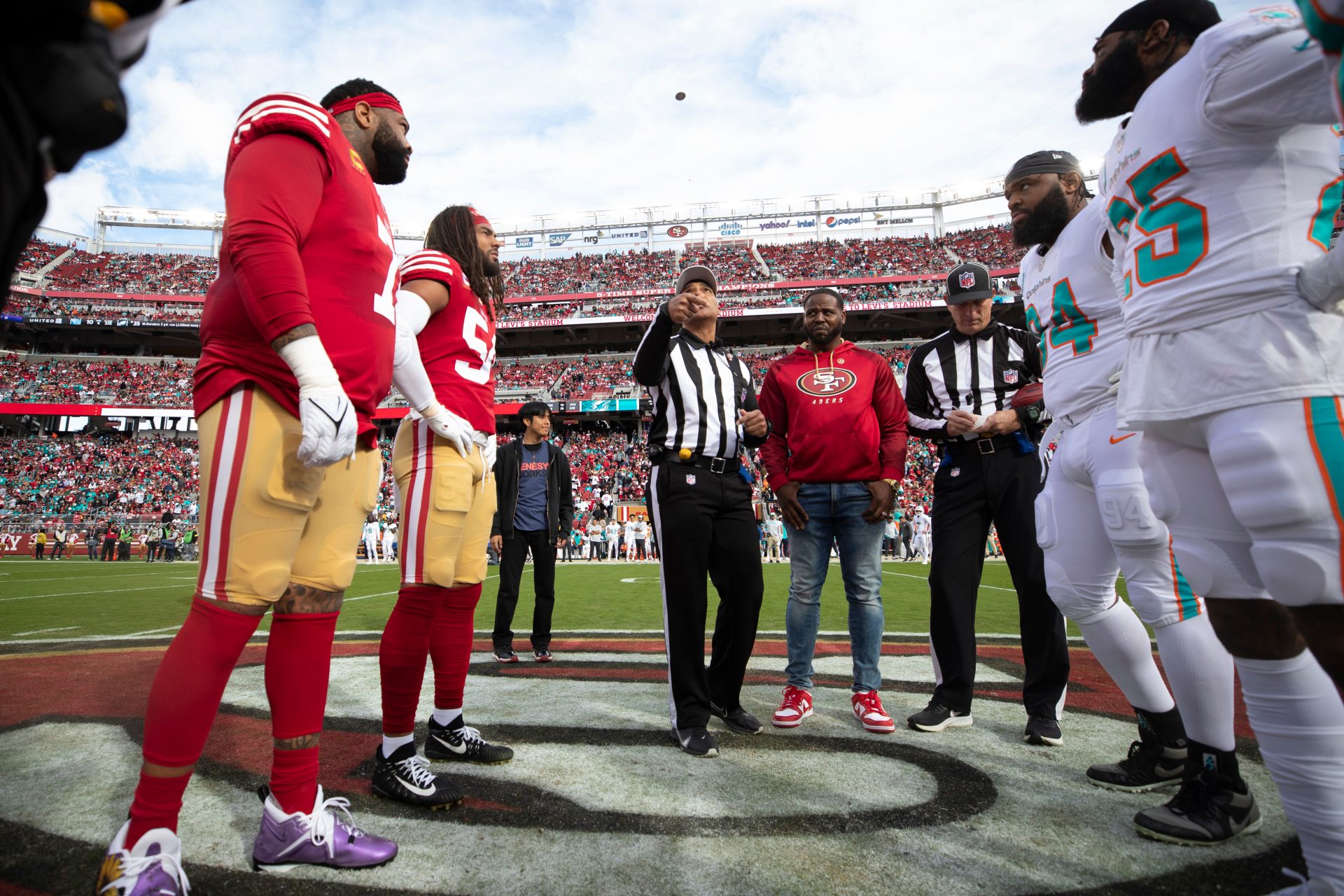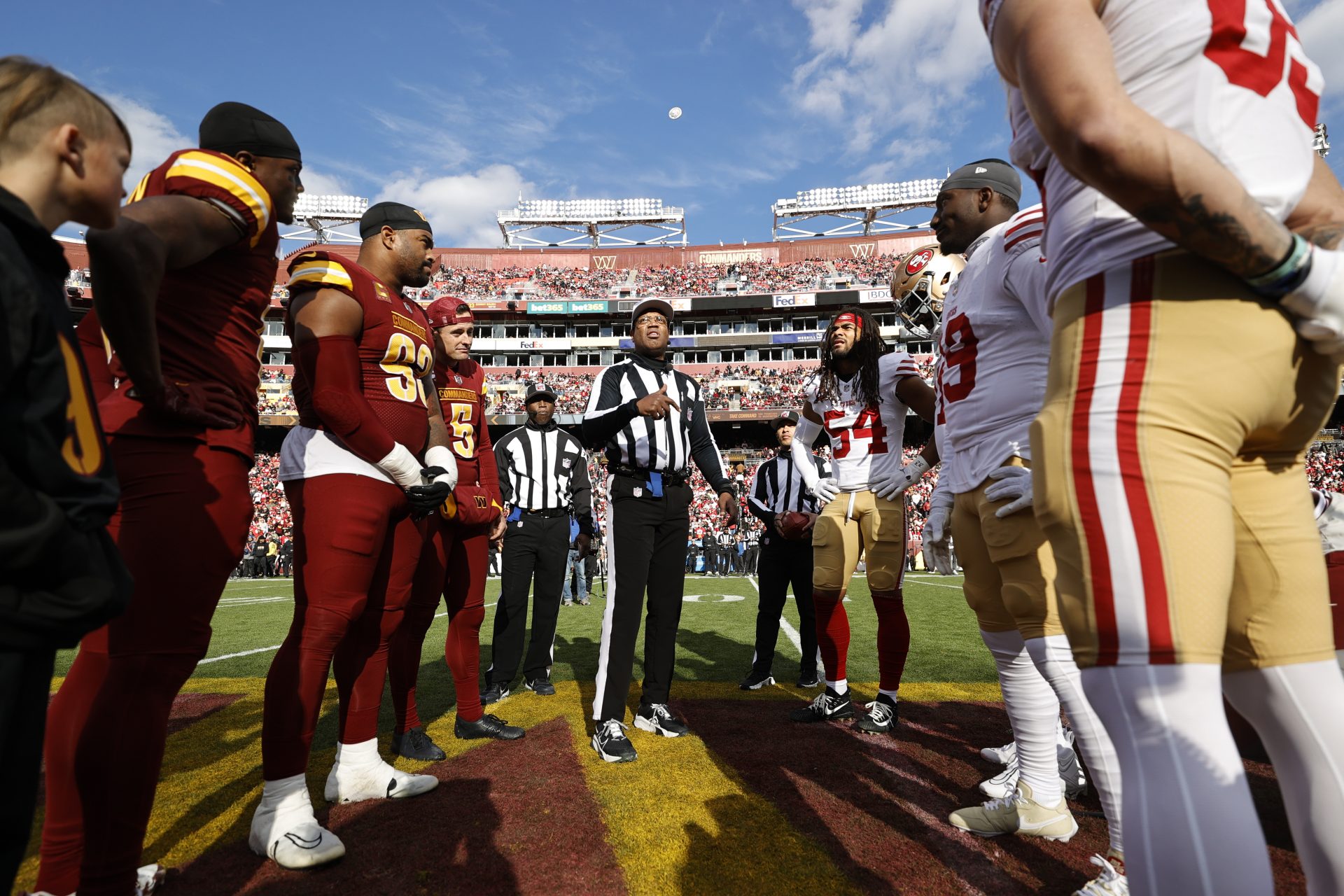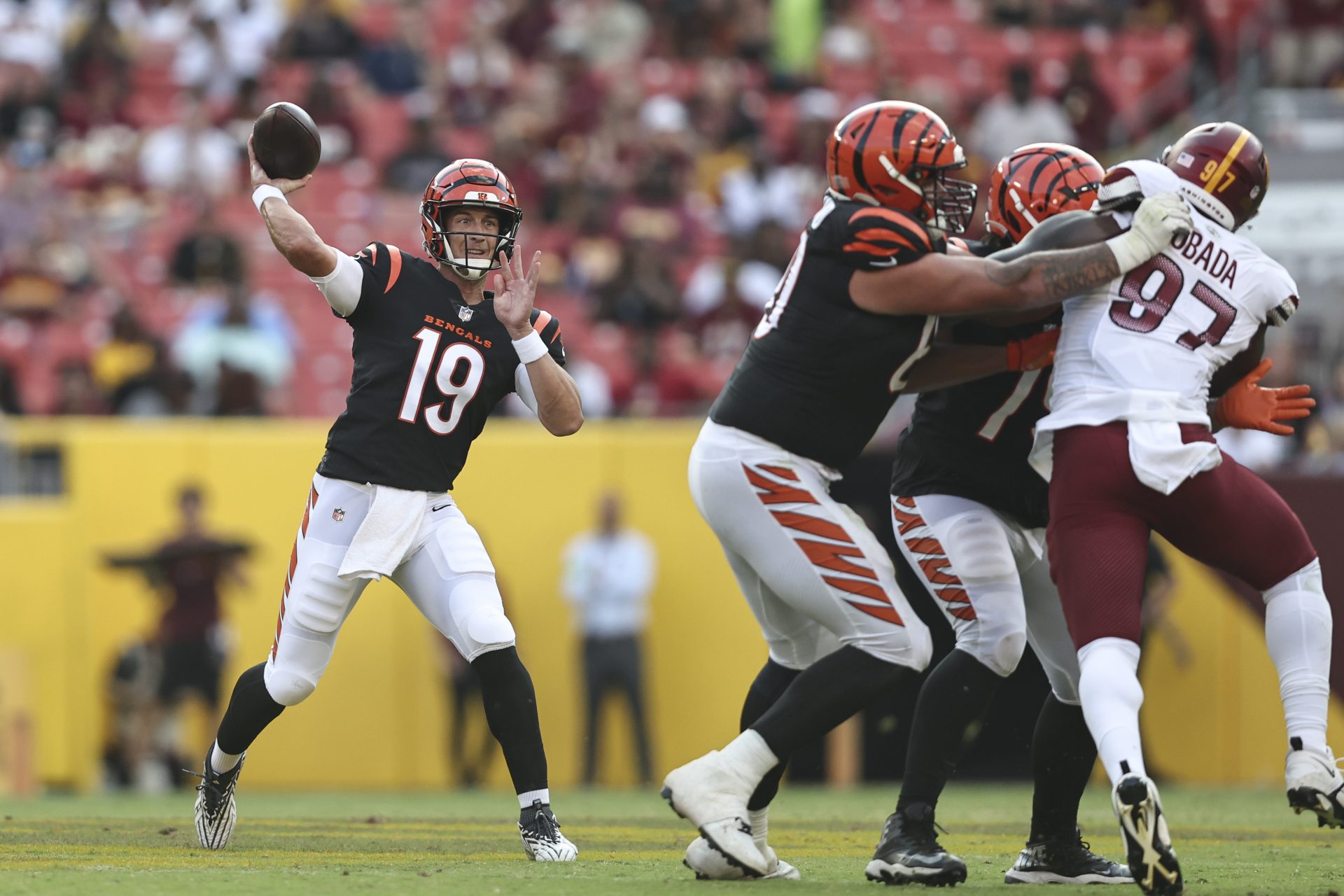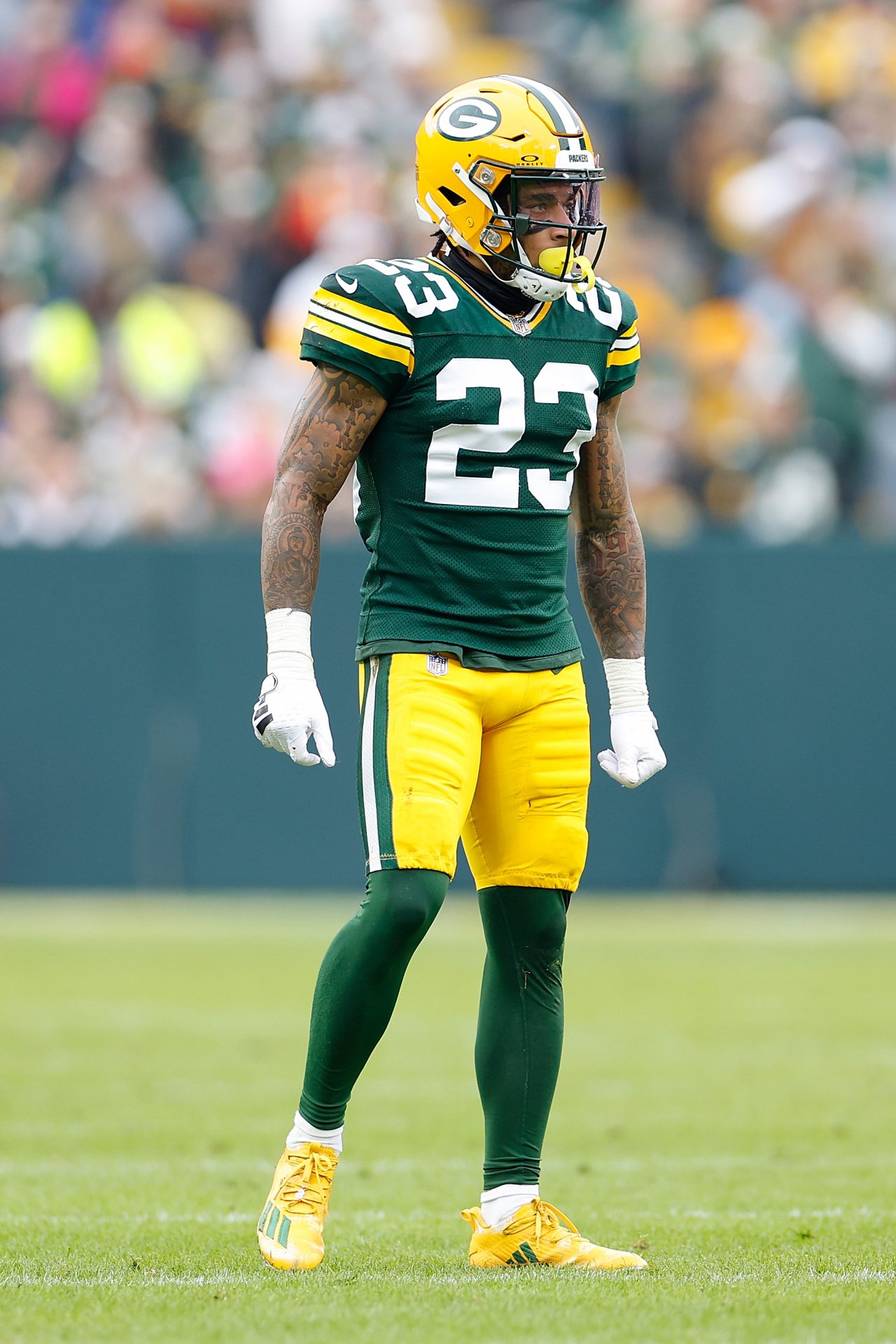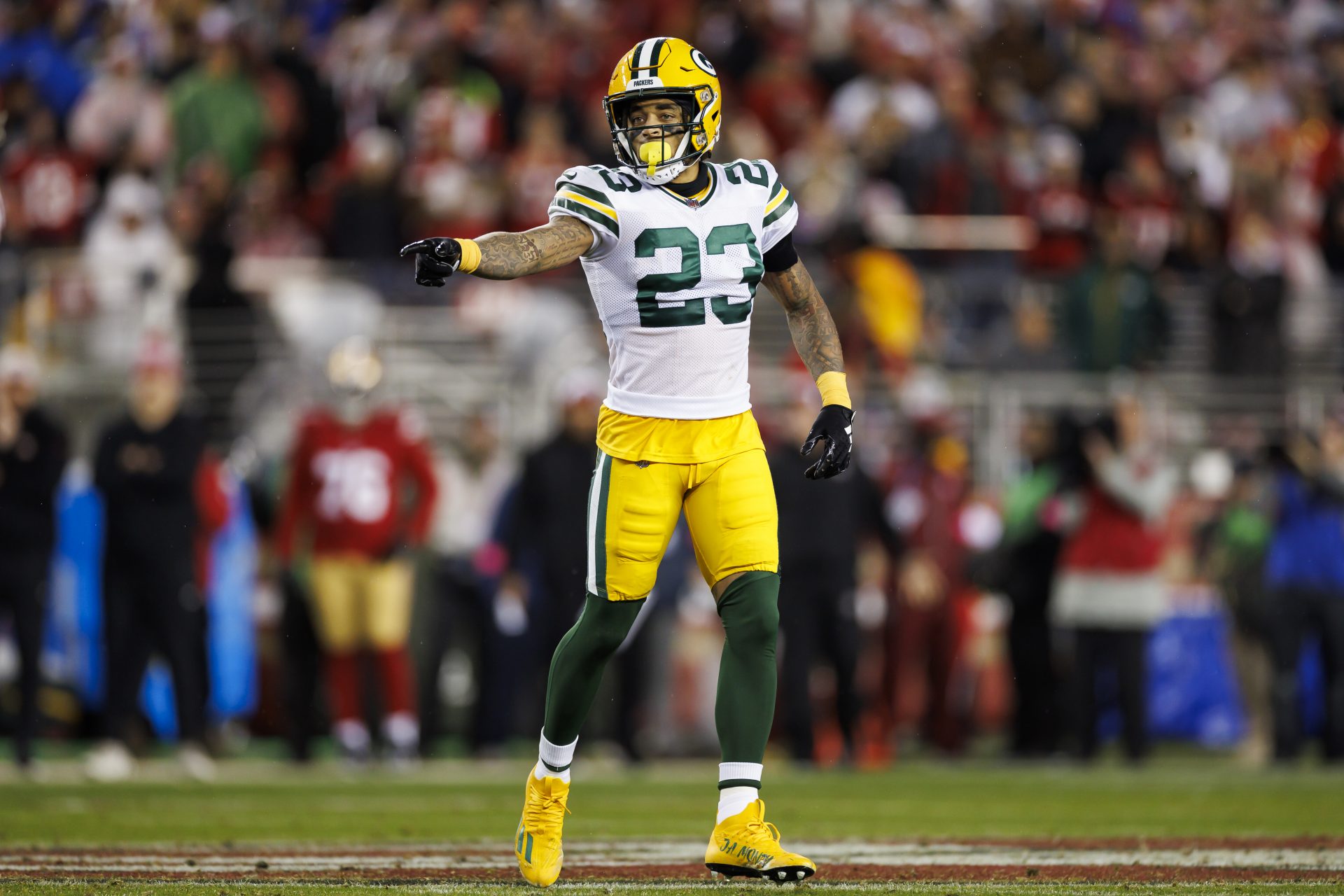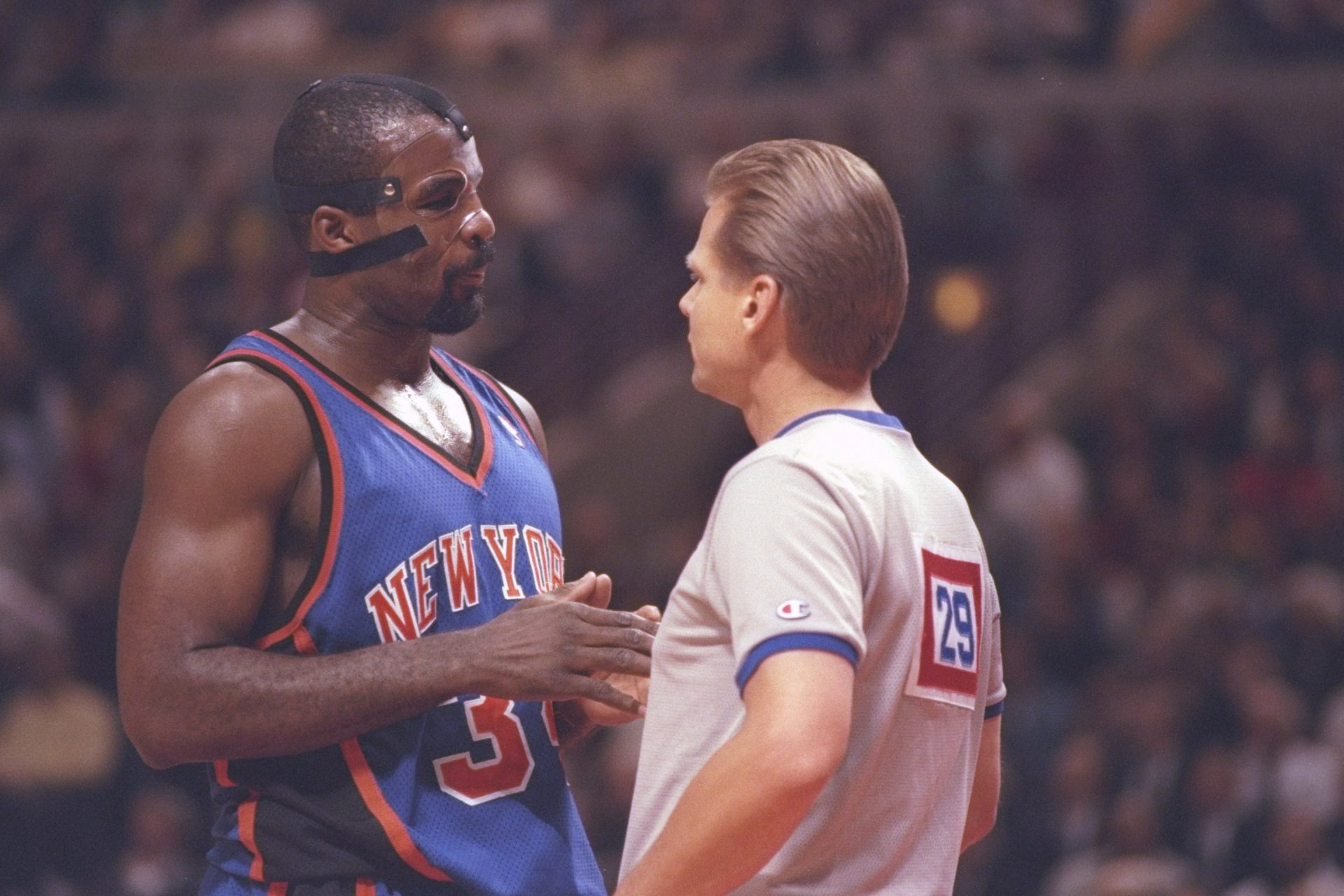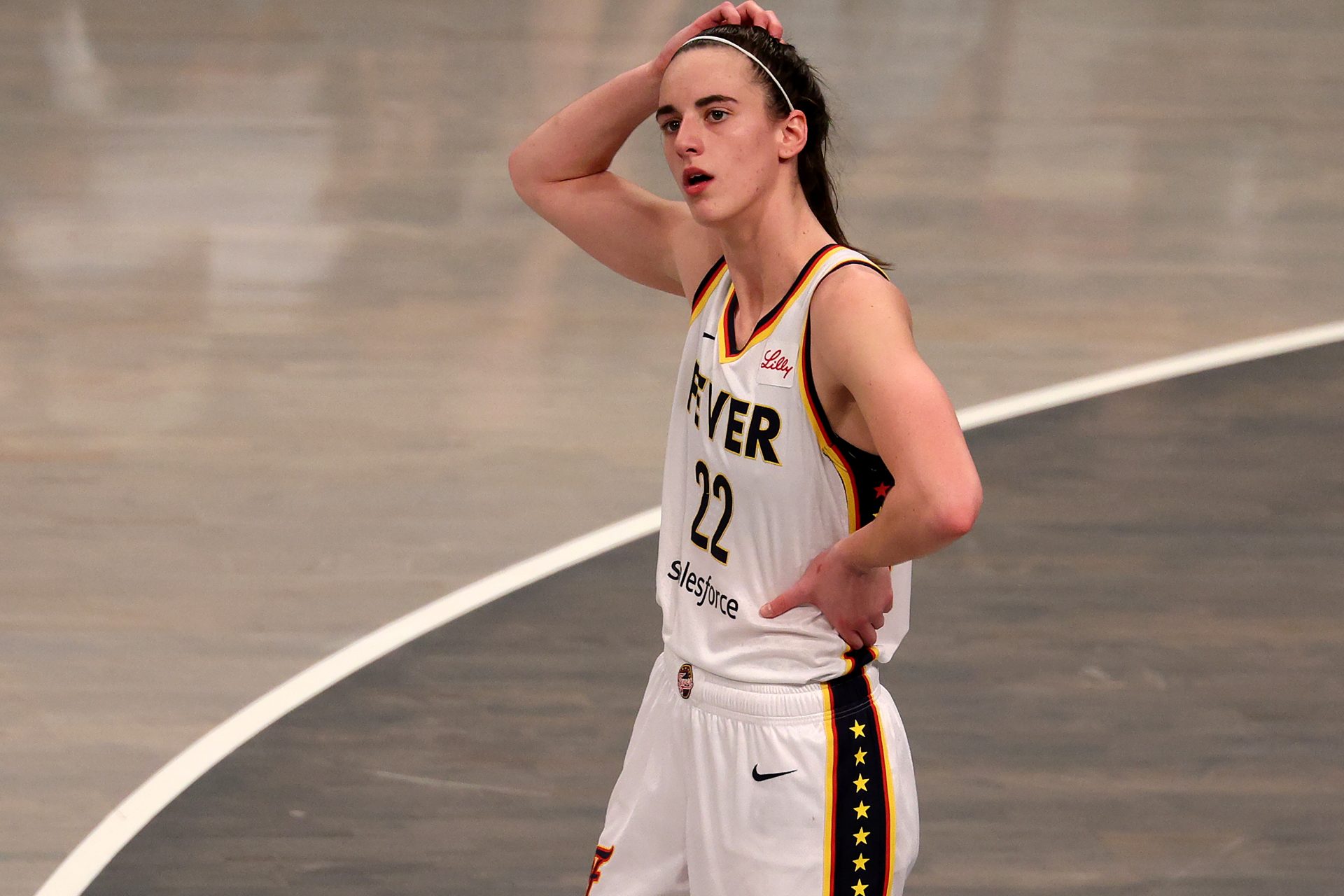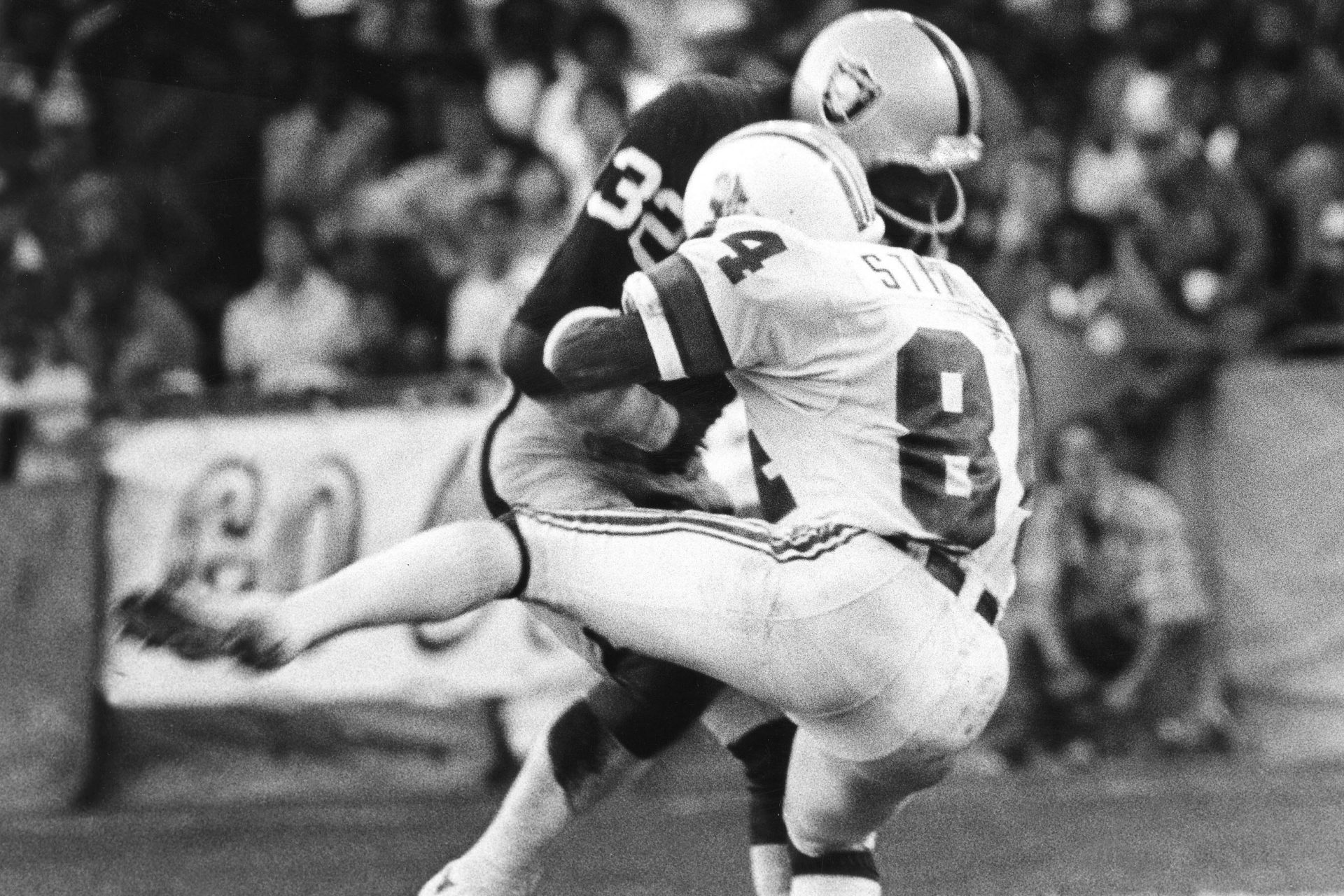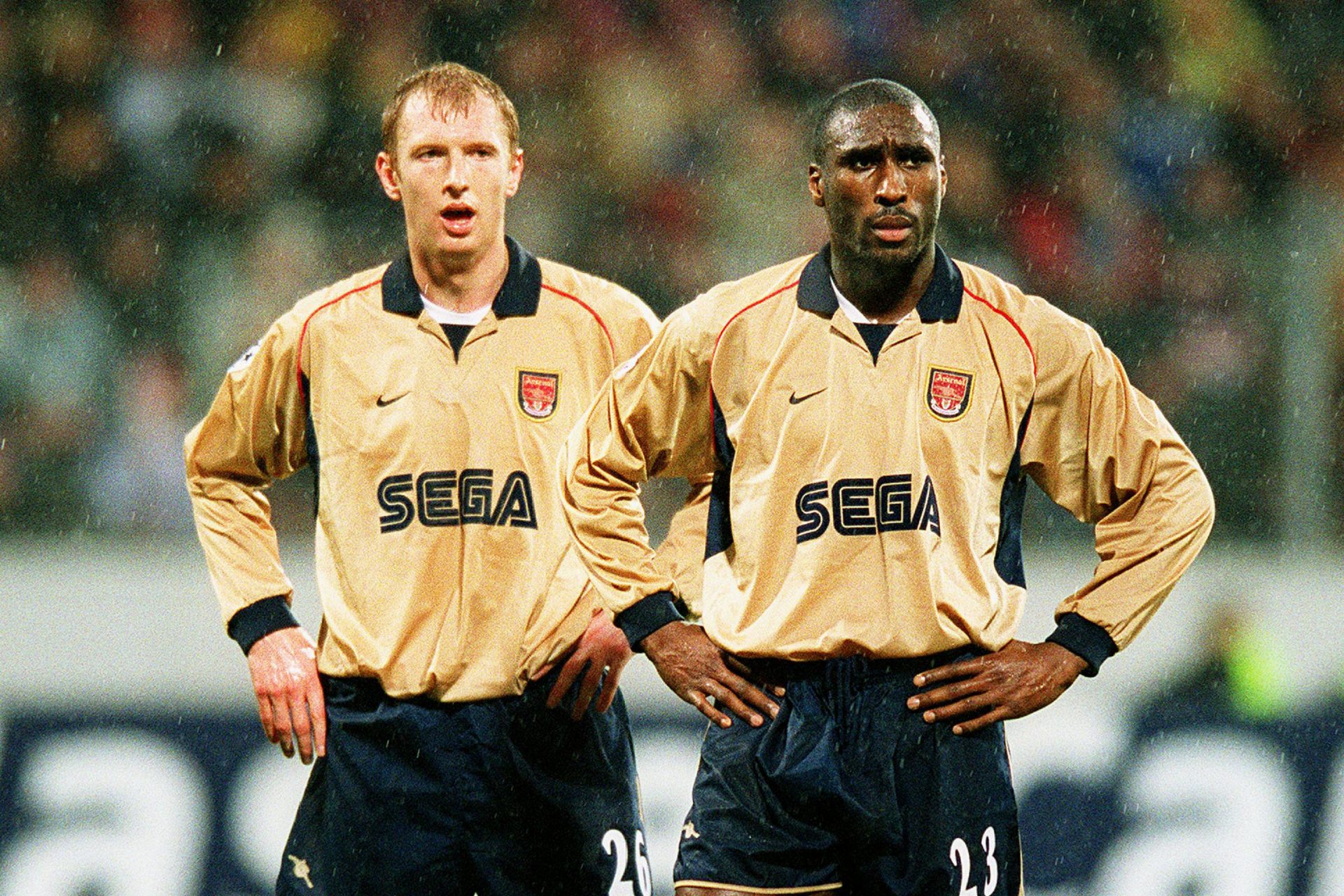Examining the logic that goes into NFL coin toss decisions
Every NFL game starts with a 50/50 coin flip that determines which team will receive the ball first, and which end zone teams will defend. It’s such a formality that the vast majority of coin tosses are not televised before the game starts. However, there’s strategic thinking that goes into what to select if a team wins or loses the flip.
It has become nearly automatic for NFL teams to elect to kick the ball off to the other team to begin the game. This means that the team that deferred initial possession will get the ball first in the second half.
This is attractive for NFL teams who want to score before the first half ends and tack on points to begin the second half.
Although it has become relatively uncommon, sometimes teams will opt to receive the ball right away. It can be an interesting pivot when teams do this, which perhaps sends a message to the opponent that they want to jump on them early. It projects extreme confidence in an offense when this is done.
Want to see more like this? Follow us here for daily sports news, profiles and analysis!
The first question asked after a coin toss occurs is about possession, but the second inquires about which goal a team will want to defend. Depending on the wind patterns of a given day, this decision can have significant ramifications. Going “with” the wind in the second and fourth quarters can give a team a major advantage in the passing and kicking game.
While most NFL stadiums are constructed so that the distance between the stands and the endzone is uniform on both sides, there are certain scenarios where it feels like fans are right on top of the players.
It might behoove a team to let a road opposition have the ball first deep in their own territory, so their fans can pump up the volume to disorient the offense.
Playing surface narratives have come into play more often in recent years, as certain stadium sod has come into question. Over the course of an NFL game, sometimes the turf can get chewed up as the contest progresses, which can make footing treacherous.
Want to see more like this? Follow us here for daily sports news, profiles and analysis!
If one side of the field is sturdier than the other, this might also factor into a coin toss decision.
Coaches also ponder which players are sent to midfield for the coin toss each week. Designated team captains may represent their side during the ceremonial toss, but coaches and teams can change it up from game to game.
It’s possible that a coach might reward a player who has worked hard during the week by allowing them to stand at the 50-yard line for the toss.
During the Super Bowl(which might be the only televised toss all season), the referee who flips the coin usually allows it to hit the ground before determining which side landed up.
This is the best way to avoid controversy, as catching the coin in the air and then flipping it on top of someone’s hand might suggest nefarious intentions.
As we can see, the seemingly innocuous coin toss can have a myriad of importance on the game. Watching an offense try to adjust to a howling wind facing their direction, or a team putting the exclamation point on a game by scoring an opening drive second half touchdown can be a direct result of the pregame flip.
Want to see more like this? Follow us here for daily sports news, profiles and analysis!
The Green Bay Packers sternly dealt with actions Jaire Alexander wasn't supposed to take on a coin toss in their Week 16 game of the 2013 season. According to CBS Sports, Alexander wasn't supposed to be present for the toss, and also didn't clearly tell the referee the Packers wanted to defer when he was at midfield.
As a result, Green Bay suspended him for their next game, in a situation is hard to fathom coming from a professional football team.
More for you
Top Stories





